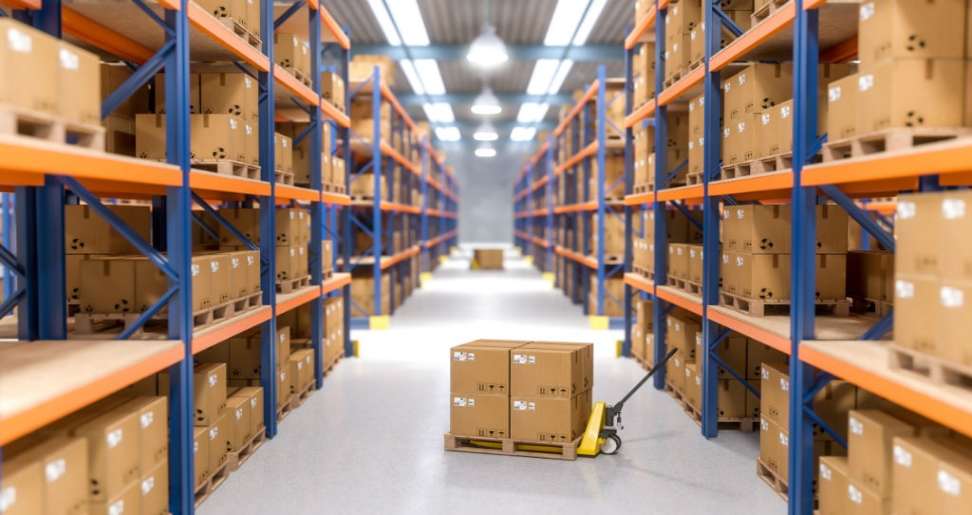Effective inventory management is crucial for the success of any business. Whether you are running a small retail shop or a large e-commerce enterprise, keeping track of your stock can be challenging. One practical solution to streamline this process is the use of storage units. Storage units offer numerous advantages, providing businesses with flexibility, cost savings, and enhanced operational efficiency. This article explores the key benefits of using storage units for business inventory management.
Flexibility and Scalability
Adapt to Changing Needs
One of the primary benefits of storage units is their flexibility. Businesses often experience fluctuations in inventory levels due to seasonal demands, marketing promotions, or changes in consumer behavior. Storage units allow companies to scale their storage space up or down as needed, ensuring that they have enough room for their products without committing to long-term leases.
Manage Multiple Locations
For businesses with multiple branches or locations, coordinating inventory can be a logistical challenge. Storage units offer a convenient solution by providing additional storage space close to various retail outlets or distribution centers. This proximity can reduce transportation costs and time, enhancing overall efficiency.
Cost Savings
Avoid Long-Term Leases
Renting or purchasing additional warehouse space can be a significant financial burden for many businesses. Storage units offer a cost-effective alternative, allowing companies to avoid long-term leases and associated costs. With storage units, businesses can rent space on a month-to-month basis, providing financial flexibility and reducing overhead expenses.
Lower Operating Costs
Storage units typically come with lower operating costs compared to traditional warehouses. Businesses do not have to worry about utilities, security, or maintenance expenses, as these are often included in the rental fee. This reduction in operating costs can free up capital for other critical business operations.
Enhanced Security
Protecting Your Assets
Security is a top priority for any business managing valuable inventory. Many storage facilities offer advanced security features such as 24/7 surveillance cameras, gated access, and individual unit alarms. These measures ensure that your inventory is protected from theft and damage, giving you peace of mind.
Climate-Controlled Options
Certain products require specific environmental conditions to maintain their quality. Storage units with climate control can provide the ideal temperature and humidity levels for sensitive items, such as electronics, pharmaceuticals, or perishable goods. This protection helps prevent product degradation and loss.
Improved Operational Efficiency
Streamlined Inventory Management
Using storage units can streamline inventory management processes. Many storage facilities offer technology solutions like barcode scanning and inventory tracking systems, allowing businesses to monitor stock levels in real-time. This real-time visibility can improve order accuracy, reduce stockouts, and enhance customer satisfaction.
Easy Access and Organization
Storage units often feature drive-up access and wide aisles, making it easy to load and unload goods. Businesses can also organize their inventory efficiently within the units, using shelving and labeling systems to ensure quick retrieval of products. This organization can save time and reduce labor costs.
Strategic Location Benefits
Proximity to Key Markets
Selecting storage units in strategic locations can provide significant logistical advantages. Being closer to key markets or distribution hubs can reduce shipping times and costs. This proximity allows businesses to respond quickly to customer demands and maintain competitive delivery schedules.
Expansion Opportunities
As businesses grow, the need for additional storage space becomes inevitable. Storage units offer a scalable solution that supports business expansion without the need for significant capital investment. This scalability can facilitate smoother growth transitions and enable businesses to seize market opportunities promptly.
Disaster Recovery and Business Continuity
Safeguarding Against Disruptions
Natural disasters, fires, or other unforeseen events can disrupt business operations and damage inventory. Storage units can serve as a backup location for critical inventory, ensuring that businesses can continue to operate even in the face of adversity. This redundancy is essential for maintaining business continuity and mitigating risks.
Secure Document Storage
In addition to physical products, businesses often need to store important documents and records. Storage units provide a secure environment for these sensitive materials, protecting them from loss or damage. This secure storage is crucial for compliance with legal requirements and internal audits.
Conclusion
The use of storage units for business inventory management offers numerous benefits, including flexibility, cost savings, enhanced security, improved operational efficiency, strategic location advantages, and disaster recovery capabilities. By leveraging these advantages, businesses can optimize their inventory management processes, reduce overhead costs, and focus on growth and customer satisfaction. Whether you are a small business owner or a large enterprise, storage units can provide a practical and efficient solution for managing your inventory.
Additional
- Viator – Review, Net Worth
- Kooora – Review, Net Worth
- Angela Cullen – Review, Net Worth
- Apmex Gold – Review, Price, History
- Jeff Bezos – Biography, Lifestyle, Networth

